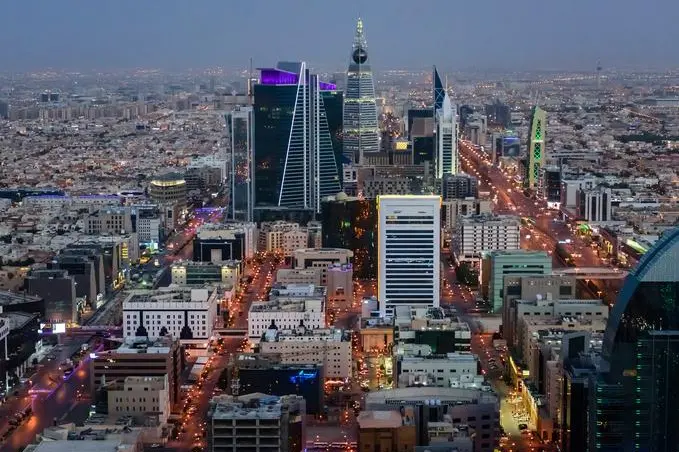PHOTO
Saudi Arabia’s current account balance could weaken on the back of lower oil prices and strong investment-related imports, according to the International Monetary Fund (IMF).
In a statement on Wednesday, the Washington-based lender said that the kingdom’s current account surplus dropped significantly to 3.2% of the GDP last year due to lower exports and strong growth in investment-related imports.
These were partly mitigated by a record surplus in the services balance, including a significant rise in net tourism income at 38%, the lender said. Oil output limits also led to an overall contraction in growth of 0.8% last year, although non-oil GDP rose by 3.8% on the back of high private consumption and non-oil investment.
Looking forward, the lender expects the kingdom to run a deficit in its current account. “The current account would shift to a deficit, mainly reflecting declining oil prices and strong investment-related imports,” the report said.
Non-oil growth is also expected to moderate in 2024 but reach 4.4% in the medium term. This will be supported by higher domestic demand as more projects are implemented.
Overall growth will be 4.7% in 2025, supported by the phase-out of oil production curbs, and subsequently average 3.7% every year.
The IMF’s statement on Saudi Arabia is based on a staff report completed in July, following discussions with the officials in the kingdom on economic developments and policies.
The lender said that the unprecedented economic transformation in Saudi Arabia is still progressing well as the Gulf state continues to implement its Vision 2030 strategy.
The kingdom’s jobless rate reached historic lows in 2023, while geopolitical events have not had any major impact on the Saudi economy and the banking sector is still on a strong footing.
As for inflation, the year-on-year rate dropped to 1.6% in May 2024 after rising to 3.4% in January 2023, although rents are rising at around 10% amid high influx of expatriate workers and large development projects.
(Writing by Cleofe Maceda; editing by Seban Scaria) seban.scaria@lseg.com





















